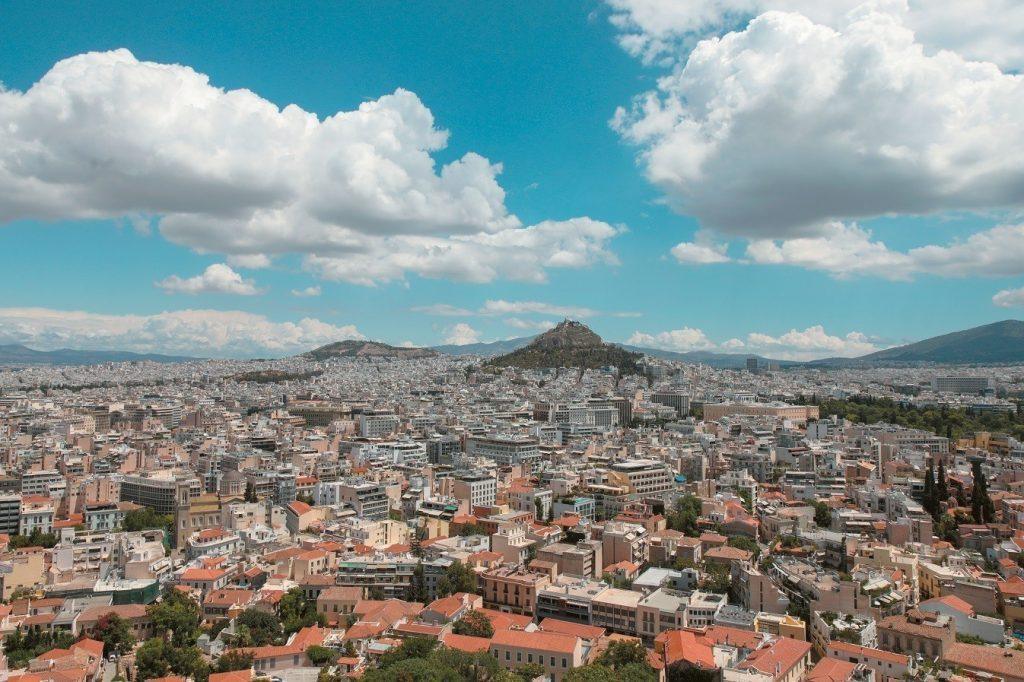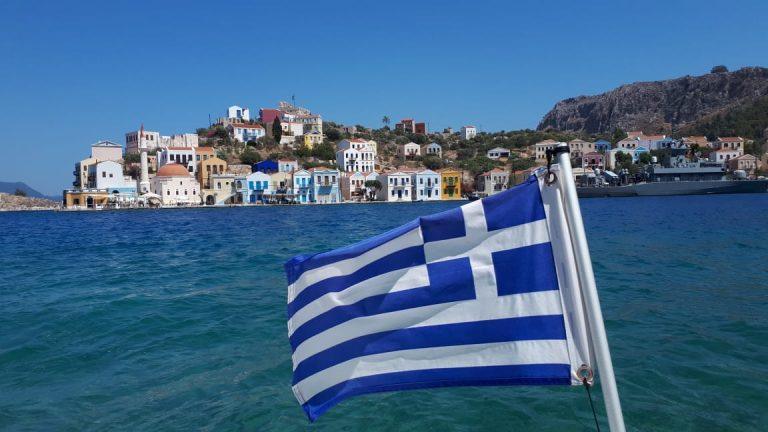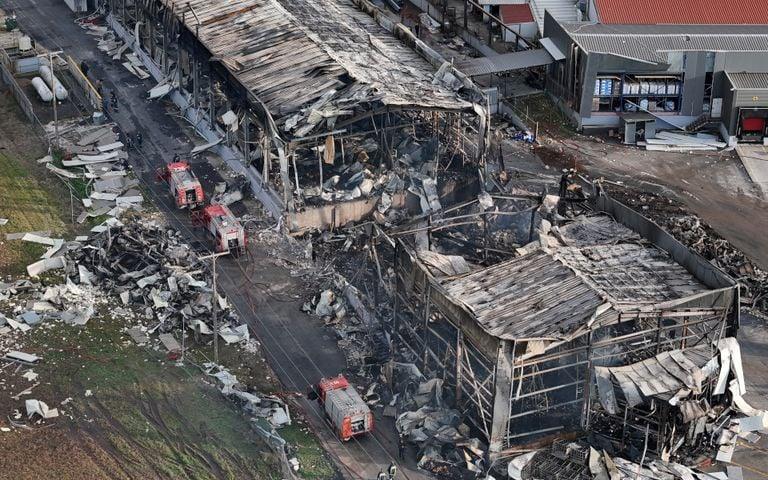The bill is in the pipeline and is expected to be tabled in Parliament in September. Under the new bill, the government plans to give legal title deeds to about 90,000 State properties that have been encroached upon by private individuals in recent decades.
Based on the new regulation, they will be given the opportunity to legalize them by paying the corresponding price and the amount of the acquisition will be calculated based on the objective values of the properties, which will be scaled according to the length of time of possession and the type of property.
Government plans foresee that some of these thousands of properties will be deeded to the encroachers at a corresponding price and the others will be returned to the Greek State for reasons of public interest.
The purpose of the new bill is to provide a solution to a problem that has roots in 1929 and to date no law has been able to regulate. It concerns about 90,000 cases and 92% of public properties that have become residences, estates or even professional venues.
With the new arrangement, the squatters of these properties will be able to buy them, restoring their ownership status and at the same time boosting public revenues with remuneration and property transfer taxes. The ownership regime of the State’s private property is thus settled and the State and the Judicial Authorities are freed from a significant number of pending bureaucratic procedures and trials.
Special committee
Each interested party will submit the necessary supporting documents so the relevant special committee that will be set up can examine the legitimacy of the properties claims, while the legal appeal of those who have submitted a claim will also be taken into account.
The information from the Ministry of Finance is that the acquisition of encroached public properties and lands will be done under conditions with clear, objective criteria, through a rapid and automated process. Safety barriers will be included to exclude properties that are necessary for state needs, or, are of environmental or archaeological interest.
A “key” to the regulation will reportedly be the length of time the encroached property has been owned by a landmark in 1980. So, with that given, in order to make claims to redeem an encroached property one would have to prove that they own the public property over 40 years, if the starting point is 1980.
For those who have encroached on public property after 1980, the draft law, according to current information, will not give the possibility of redemption and therefore will provide for their removal from the illegally encroached upon property, possibly with a fine.
It is estimated that of all public property, 47% of urban properties and 64% of rural areas have been encroached upon. In Attica, 8 out of 10 State properties are in the hands of squatters. In Thessaly and Central Greece 7 out of 10 and in the Aegean islands 6 out of 10.
The price
As for the price, its amount will vary, with social criteria taken into account, among other things. Remuneration will be low, that is, for citizens with proven financial weakness, for vulnerable groups, those with many children, the disabled and for cases where a first residence has been built on the encroached property. Therefore, holiday home cases will be excluded.
Also, for the acquisition of agricultural land, it should be proven that the owner’s main occupation is farmer, subject to conditions.
The right to purchase a property will not be granted if there are reasons of public interest, such as national defense, public security, other justified state needs, or fall under the provisions of forestry legislation, are within a coastal zone and fall within an area that has been declared an archaeological site.










































